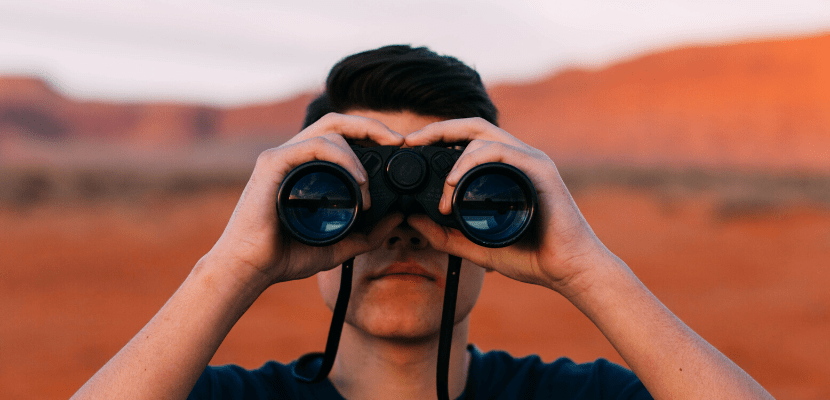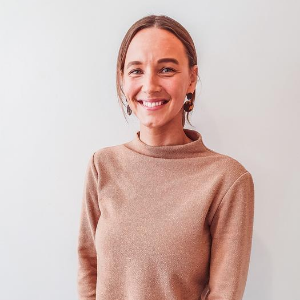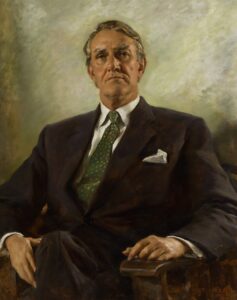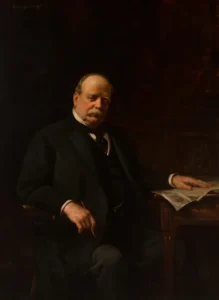The wheels are in motion for a return to normal in Australia – or so we can hope.
Some states appear to be ahead of others in terms of easing restrictions. Northern Territory and Western Australia seem to be leading the pack. We can spare a thought for our fellow citizens over east, who are still house-bound unless they have a “valid reason” to venture outside.
It has been fascinating to observe how quickly Australia went from a free society to one where people stuck to themselves, mostly by staying at home. All it took was a couple of weeks of reading the global news headlines for the vast majority to adjust to the new normal. Whether this was done out of rational self-interest, or because ScoMo told us so is hard to say. I sure hope it is the former.
Were the COVID-19 restrictions valid? And more importantly, are they valid now, when we, for all intents and purposes, have squashed the so-called curve?
I recall my amusement when the Australian Capital Territory declared a “state of emergency”, despite only having registered 11 cases. Sure, one can argue, that we needed to contain the spread unless we wanted to go the same way as Italy, Spain or New York. But still, pausing a $40-billion economy at such an early stage; extraordinary indeed… Though, one could argue that the ACT generates very little of value, so perhaps it was really a win for the rest of us.
There may be other reasons than our lock-down laws which explain why we have had relatively few cases in Australia. Perhaps it is our younger demographics, our lower population density, or the fact we were still enjoying warm weather in March and April.
Who knows?
Events progressed so fast that governments and other decision-makers are still processing the available data. Unfortunately, the economy is not a lab experiment, and we cannot know what our lives would have looked like had we been “softer” in our containment approach.
What we do know for certain is the severity of the financial hardship many of us are now going through. The government-funded support schemes, Job-Seeker and Job-Keeper, may have thrown some a lifeline, but it does not come without a cost; a cost that will be borne by the younger generations for many decades to come. How long these new welfare payments will last is still being debated. The sad irony of it all is that it was the government that shut businesses down, not the virus. Businesses are receiving cash benefits that they are being taxed for (minus what is lost to the bureaucratic administration, of course).
I am tempted to say that it is easy for our political leaders to announce that any change in laws and regulations will be guided by “best health practice” only. It is a way for them to shield themselves from the negative consequences of their decisions. They choose to focus on “saving lives” only, and it is surely a nice-sounding sentiment. But we cannot ignore other costs; the loss of income and social interaction, not to mention the mental health aspects of prolonged isolation. It is worth noting that other aspects of public safety are not dealt with in such a black and white manner; speed limits, for example, are set as a compromise between safety and efficiency. Any such compromises for managing COVID-19 are nowhere to be seen.
Still, we must look forward. Humanity is skilled at adapting to tough conditions. Many have embraced new technology like never before. At Mannkal, we have had to practice what we preach; innovate.
Our current scholar cohort of 18 enthusiastic university students have had their mid-year international study tour dreams crushed. It became evident early on in this madness that nobody in Australia will be travelling anywhere for the foreseeable future.
This led to the decision to turn our 6-month Leadership Development Program into a 12-month program, with tentative plans to ship our scholars overseas in January and February next year.
A positive development has been that we now have much more time to explore libertarian topics with them. We have taken up video conferencing with great enthusiasm. It has allowed us to connect our scholars with the best and brightest free-market thinkers the world has to offer. In the last few weeks, we have had seminars with Gloria Alvarez, Mike Munger and Benjamin Powell! This would be like a budding basketball player learning from LeBron James.
So despite our borders being shut, the world is still our oyster. Innovators and entrepreneurs all over are working tirelessly to keep us connected in better and more exciting ways.
When we are finally allowed out of our fold, we will emerge stronger and more energised than ever. In 2021 and beyond, we will build upon what we have learnt during times of uncertainty to a deliver a stimulating and inspiring learning environment for future scholars.
Stay tuned.






